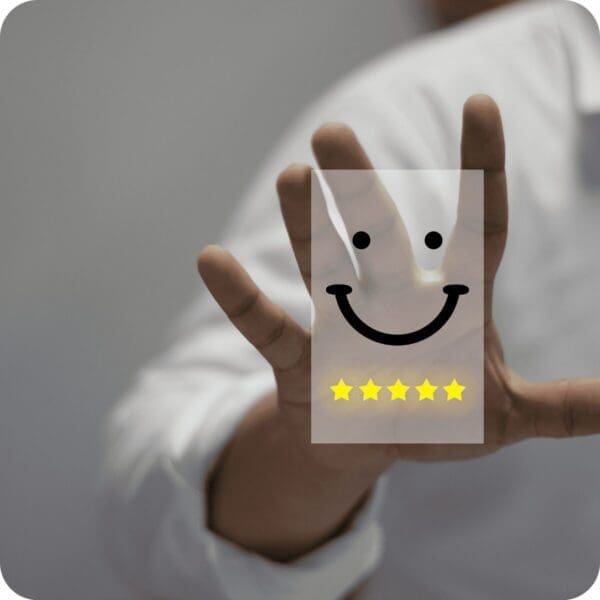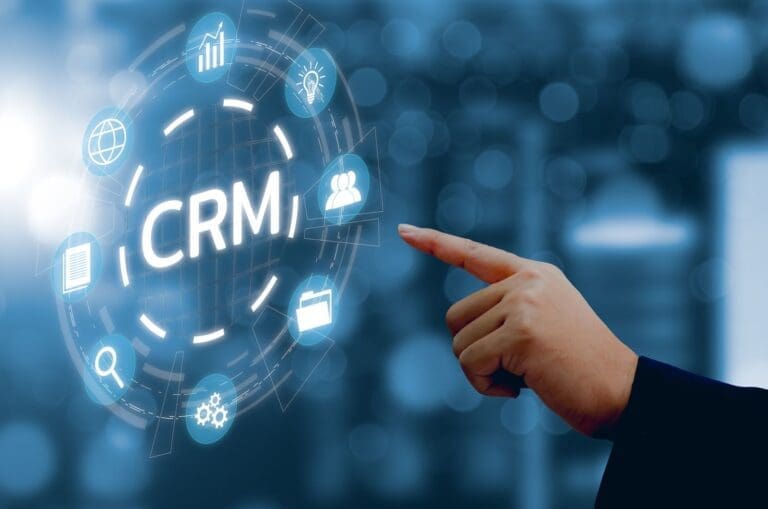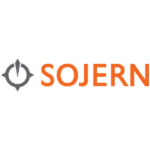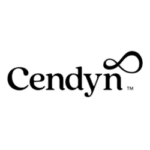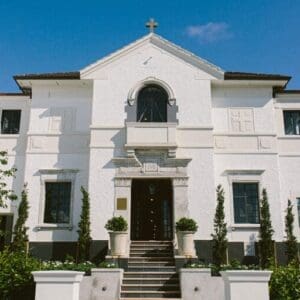A Customer Relationship Management (CRM) system designed specifically for hospitality is a great addition to your hotel tech stack. Why? Because it is designed specifically for the hospitality industry to manage and nurture relationships with guests.
tech stack. Why? Because it is designed specifically for the hospitality industry to manage and nurture relationships with guests.
However, a hotel CRM is not just about managing data but a solution that will empower your marketing team, your operations team and overall contribute to better results.
In this way, it allows hospitality providers to effectively collect, store, and analyse guest information and preferences, enabling them to personalise experiences, improve guest satisfaction, and drive customer loyalty.
What can you do with a CRM in your hotel?
Having a hospitality CRM allows you to centralise guest data, including contact information, preferences, previous bookings, and feedback, in one platform. This provides a holistic view of each guest, allowing for personalised interactions and tailored services.
Secondly, a CRM enables targeted marketing campaigns, helping hospitality providers reach the right audience with relevant offers, promotions, and recommendations. This not only improves conversion rates but also strengthens guest relationships.
Lastly, a CRM fosters customer loyalty and retention by identifying patterns, predicting guest needs, and proactively addressing any issues or concerns.
Implementing a successful hospitality CRM involves careful planning and consideration. In the hospitality industry, it is becoming increasingly crucial in today’s digital age.
With the ever-increasing demand for seamless guest experiences and personalised services, a well-executed CRM strategy can help hotels enhance customer satisfaction, increase revenue, and foster long-lasting relationships.
In this article, we will explore the dos and don’ts of implementing a CRM in your hotel for the first time, inspired by best practices from various industries, with a focus on hospitality.
1. Take the time and do your homework:
Before embarking on the CRM implementation journey, it is essential to take the time to understand your hotel’s specific needs and goals. Conduct an in-depth analysis of your current processes and identify the gaps that need to be bridged.
One crucial aspect of this is recognising that multi-channel communication is now a requirement. To achieve success, your CRM strategy should enable you to communicate and engage with guests wherever they are, aligning with their preferences and needs.
2. Focus on realistic and measurable goals:
If you don’t have a goal, you can’t measure it and you won’t be able to evaluate. While it may be tempting to try and achieve everything with your hotel CRM implementation, it is crucial to remain focused on realistic and measurable goals.
One key objective should be to bridge the gap between your hotel and your guests, making it easy for them to connect with you. A loyal and engaged guest database is vital for long-term success, and a multi-channel CRM approach can help you achieve this unique combination.
3. Choose a CRM system that aligns with your goals:
Selecting the right CRM system is critical to the success of your implementation. Take the time to map out your goals and objectives and identify the key criteria that are essential for your hotel.
If your primary goal is effective communication, choose a CRM system that excels in this area. For instance, a CRM that focuses on advanced segmentation to make every touchpoint relevant and meaningful to create customer satisfaction and increase ROI.
4. Don’t focus on replacing existing processes:
When implementing a new CRM system, it is important to focus on onboarding and ensuring a common understanding among team members. Provide training and empower your organisation to see how they can benefit from the CRM system, rather than replacing existing processes entirely.
Remember, the aim is to free up resources and streamline operations to enhance the guest experience.
Here, choosing the right CRM plays a key role. You don’t want a tool that is complicated to understand and use because this will scare of your team. It is important for them to be able to understand how to use it to achieve their department goals.
5. Don’t miss out on data:
Without data, your CRM system is rendered ineffective. But if you have the data and don’t look at it, it will still be useless. Once the data is flowing into your CRM, dive yourself into the reports in order to gain insights from it. The preferences of your guests, their profiles, where are they coming from, what is the most common type of guest, and more.
Make the most of the data available to you to gain insights, understand your guests better, and improve your services.
In addition, ensure that you adhere to data protection regulations such as the General Data Protection Regulation (GDPR) to maintain the trust of your guests.
If you want to know more on how to use your hotel guest data, read “Hospitality data: 4 game-changing ways to use it to increase revenue”
6. Keep communication open and value feedback:
Consistent and effective communication is essential throughout the CRM implementation process. Keep all stakeholders informed about progress, challenges, and milestones.
Regularly solicit feedback from your team members and guests, as their insights can be invaluable in refining your CRM strategy. Emphasise a culture of continuous improvement and encourage open communication channels.
Implementing a CRM system in your hotel can significantly improve guest satisfaction, increase revenue, and build long-term relationships. By adhering to these dos and don’ts, you can ensure a successful CRM implementation.
Take the time to understand your needs, set realistic and measurable goals, choose the right CRM system, focus on onboarding and empowering your team, utilise data effectively, and maintain open communication. With a well-executed CRM strategy, you can enhance the guest experience and achieve success in the competitive hospitality industry.




